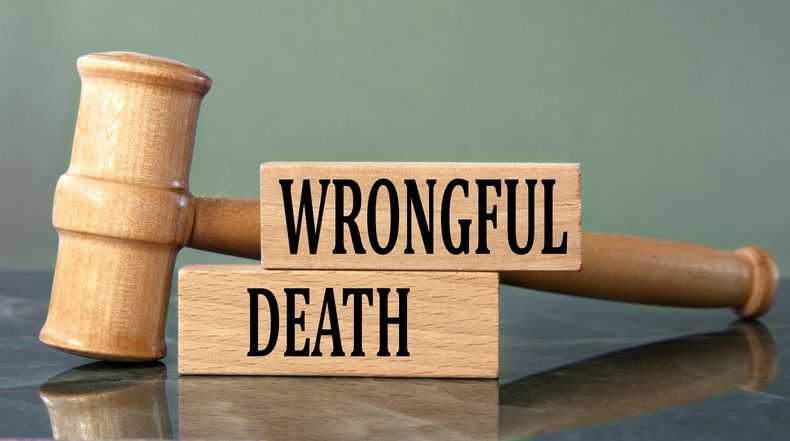Table of Contents
ToggleThe wrongful death of a nursing home resident in Colorado is a deeply devastating event for families, as it represents a profound breach of trust in the very institutions that were entrusted to provide care and protection.
This loss is often compounded by the knowledge that the death was preventable, caused by negligence or abuse rather than natural causes. The emotional anguish of losing a loved one under such circumstances is immense as families grapple with feelings of guilt, anger, and sorrow, knowing that their loved one’s final days were marred by mistreatment.
The tragedy is not just the loss itself but also the violation of the dignity and respect everyone deserves in their final moments. Here, our Denver personal injury attorneys at Donaldson Law, LLC, explain why it is crucial to act promptly and follow a series of steps to ensure that their legal rights are protected and that justice is served if a family believes that a loved one’s death in a nursing home was due to negligence.
Obtain Your Loved One’s Death Certificate
The first step in pursuing a nursing home wrongful death claim is to obtain the official death certificate. This document provides an initial cause of death and can be crucial in identifying whether negligence might have been a factor.
Carefully review the death certificate for any indications of injuries, conditions, or unusual or unexpected circumstances that might warrant further investigation.
Request Your Loved One’s Medical Records
Request your loved one’s complete medical records from the nursing home and any other healthcare providers involved in their care. These records are essential for understanding the care provided and identifying potential lapses or neglect.
Examine the records for inconsistencies, gaps in care, or documentation of injuries or illnesses that were not properly treated.
Document and Preserve Evidence
If possible, collect and preserve any physical evidence related to the negligence, such as clothing, bedding, or medical devices.
Photograph the nursing home environment, particularly if visible hazards or signs of neglect exist. Keep detailed notes of your observations, conversations with staff, and any relevant incidents.
Speak with Witnesses
If appropriate, speak with other residents, visitors, or nursing home staff who may have witnessed the care provided to your loved one. Their accounts could provide valuable insights into what happened.
Collect contact information from potential witnesses to ensure they can be reached later for testimony.
File a Complaint with Regulatory Agencies
File a complaint with the Colorado Department of Public Health and Environment (CDPHE), which oversees nursing homes in Colorado. This agency can investigate the nursing home’s practices and determine if there were any regulatory violations.
If the nursing home is federally regulated, you may also want to file a complaint with federal agencies like the Centers for Medicare & Medicaid Services (CMS).
Consult with Our Trusted Denver Wrongful Death Attorneys
Our personal injury attorneys in Colorado have extensive experience in wrongful death and nursing home negligence cases. We can help evaluate the strength of your case and advise on the best course of action.
We will review any evidence you’ve gathered, including medical records, witness statements, and other relevant information, and conduct an independent investigation into the circumstances of your loved one’s death. This may include hiring medical experts to review the records, visiting the nursing home, and interviewing additional witnesses.
Expert testimony may also be necessary to establish that the nursing home’s negligence directly caused or contributed to the death.
If our attorneys determine you have a valid case, we will file a wrongful death and/or survival claim on behalf of the family. This claim seeks compensation for damages, including funeral expenses, medical bills, loss of companionship, and pain and suffering. We will negotiate with the nursing home’s insurance company or legal representatives to seek a fair settlement.
The case may go to trial if a settlement cannot be reached. We will prepare by gathering additional evidence, deposing witnesses, and building a solid case to present in court.
Be aware that Colorado’s statute of limitations for wrongful death claims is generally two years from the date of death. Filing the claim within this period is essential to avoid losing the right to pursue legal action.
Taking these steps after suspecting negligence in a loved one’s death in a nursing home can help ensure that justice is pursued and that the responsible parties are held accountable. Acting quickly to gather evidence, consulting with our experienced attorneys, and understanding the legal process are crucial to building a solid wrongful death case in Colorado.
Call (303) 458-5000 or contact us online to schedule a free, confidential consultation to discuss your case. We’re ready to listen and provide the guidance you need.


















